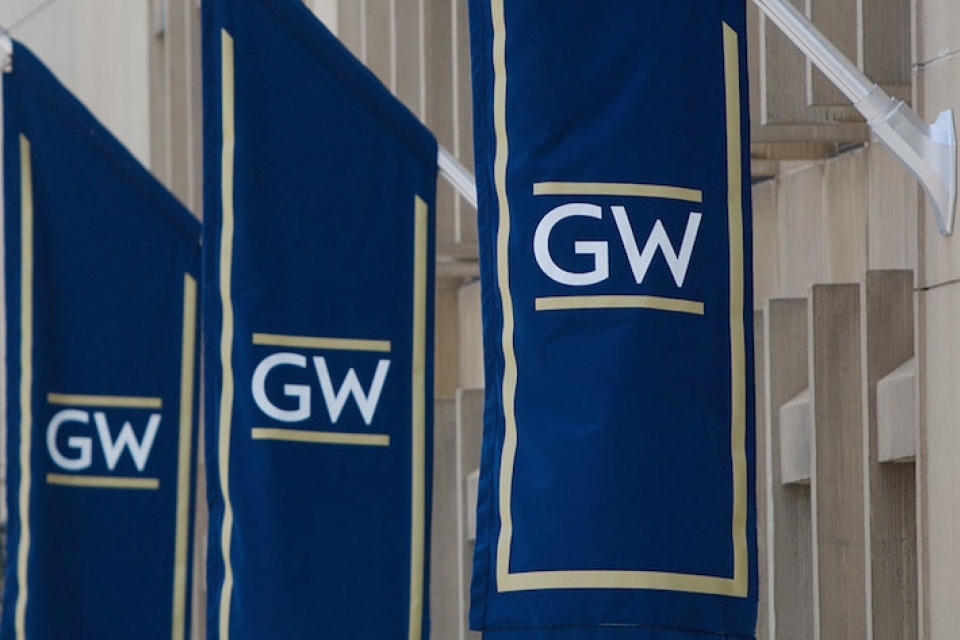(Editor's note: University Human Resources has extended the deadline and implementation dates of the dependent eligibility verification project. The May 28 deadline for employees to submit documentation for the audit has been pushed to Aug. 31. The removal of all unverified dependents at the end of the project has been extended to Sept. 30 from its original June 30 implementation date.)
By James Irwin
A third-party vendor, retained by the George Washington University, will conduct a dependent eligibility verification project beginning this month to ensure that dependents enrolled in a GW health plan meet GW’s eligibility criteria.
The project, conducted by Secova Inc., will assess more than 1,800 university employees with dependents currently covered by any combination of GW’s medical/prescription, dental or vision plans. The first notification will be mailed April 13 to affected faculty and staff.
Verifying eligibility is about accuracy and ensuring the long-term viability of the university’s benefit plans, said Sabrina Ellis, vice president for human resources.
“It helps us to meet our fiduciary responsibilities in administering our benefit plan and ensures we comply with the rules of our plan,” she said. “A dependent eligibility verification also can be effective in minimizing future costs for employees.”
Faculty and staff with dependents covered by GW health plans will be required to provide documentation of eligibility. Those employees will receive an audit questionnaire in the mail requesting specific documents to verify dependent eligibility—the most common of which is a copy of a current federal income tax return (with sensitive information redacted) listing dependents. Employees assessed in the verification project will receive correspondence (mail and electronic) from both GW and Secova.
The verification project will end May 28. All unverified dependents at the end of the verification project will be removed from GW's plans effective June 30 at midnight.
Eligible dependents, according to the university’s benefits administration, include spouses, domestic partners and children under the age of 26. Eligibility verification projects are a common practice for organizations administering self-insured health care plans like GW, Ms. Ellis said, helping to prevent the type of erroneous enrollment that could increase overall premiums. University Human Resources has created a website for the project and a list of frequently asked questions. UHR client partners also are available to answer questions.



